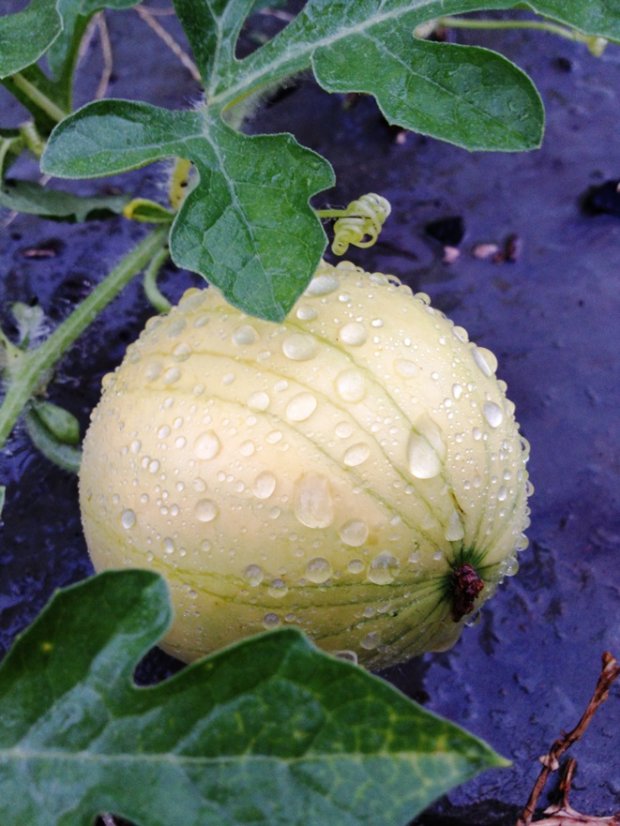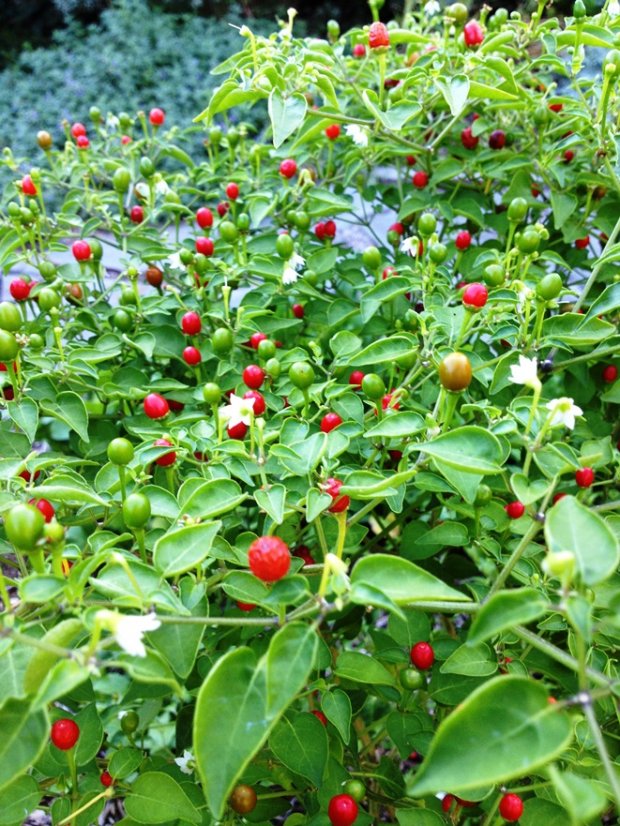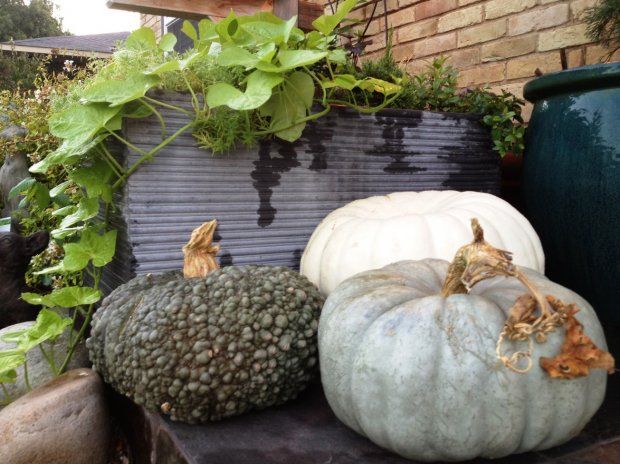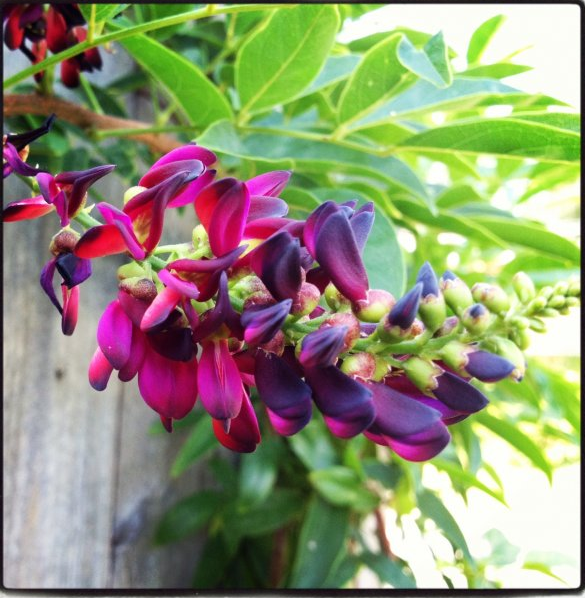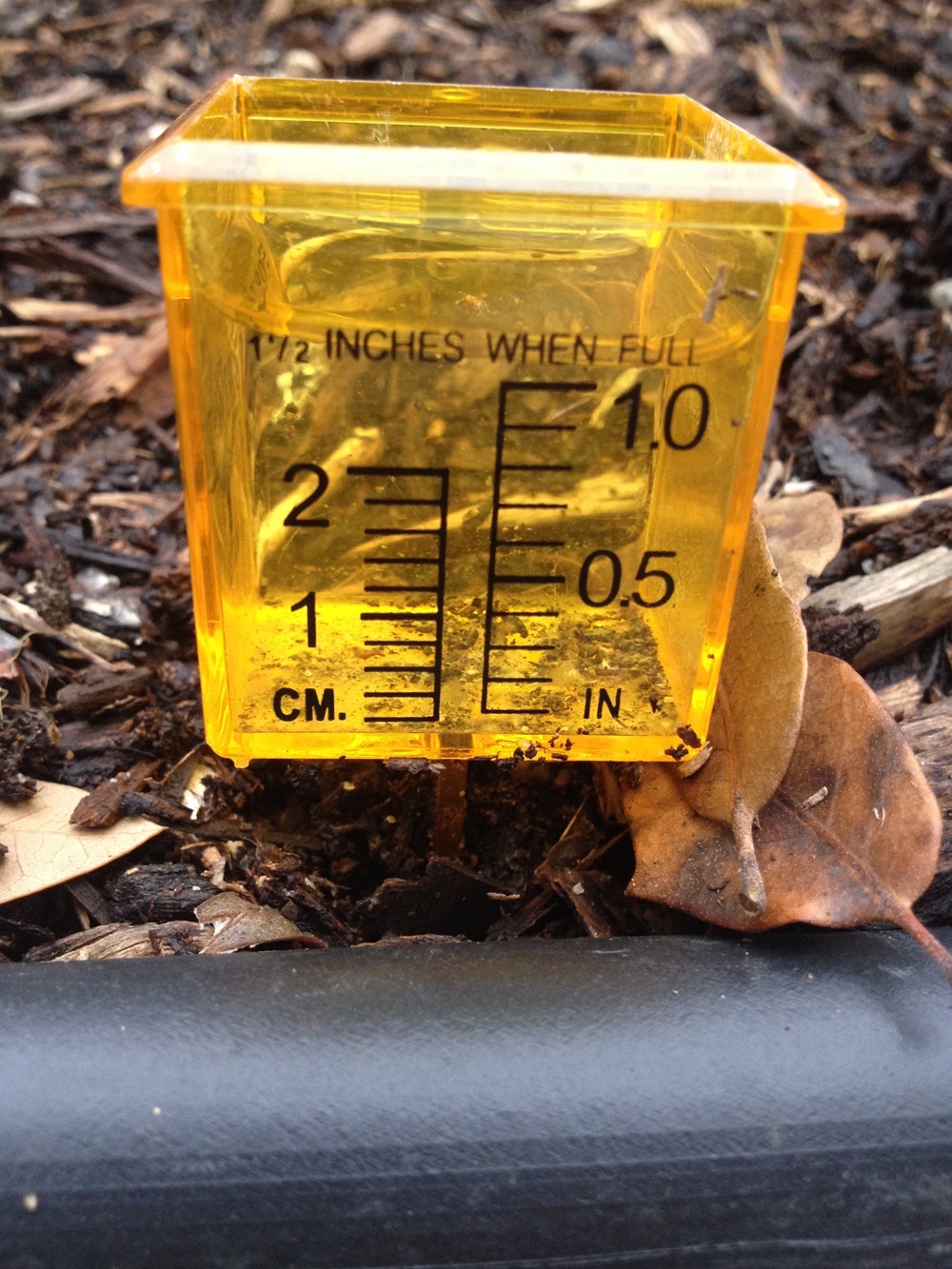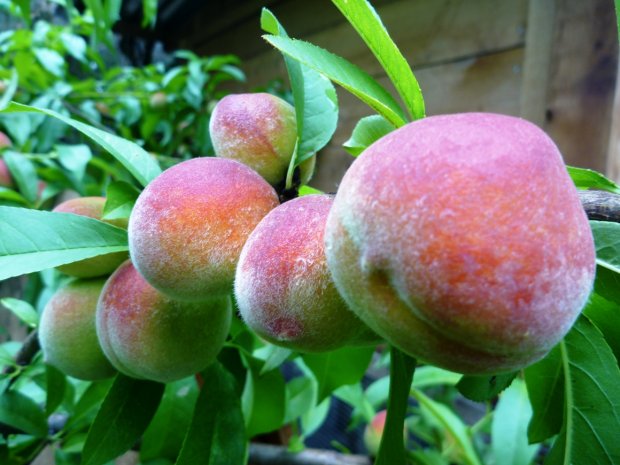Growing veggies? Check out The Fresh 20!
October 6, 2013
So you've tackled the veggie garden and after some practice you've started to get good harvests. Once this happens, you'll often find yourself with the task of figuring out what to do with all that harvest! There's freezing, canning, pickling and so on and so forth. Of course the goal is to always eat as much of the seasonal veggies fresh if you can. But with busy schedules, it's easy to get behind on all that cooking.
Recently, I started experimenting with a program called The Fresh 20. Now let me say, I'm not being paid to write about this, I have not been contacted by the author of The Fresh 20, or any such thing. I'm just a paying customer like any other who happens to LOVE it! I've spent hundreds and hundreds of dollars over the years on cookbooks; downloaded hundreds of recipies online; subscribed to any number of cooking magazines. But it's still hard for me to get my kitchen act together because I work all the time. For what was not the first time, I set out online to find some sort of cooking program that would help me organize my shopping list (or garden harvest list), provide easy recipes and suit the varied eating habits in my house (veggie vs. meat eater).
What I stumbled across was The Fresh 20 Cookbook. The description of the cookbook led me to further investigate the website, which offers up subscriptions to weekly shopping and cooking plans that are built around seasonal ingredients. I purchased both the Classic and the Vegetarian plans (when you buy the first one, you get additional plans for 1/2 price). It' AMAZING and the price is more than worth it. The author, Melissa Lanz, has done all the work: Created the recipes, which are tasty and easy, built the shopping list and provided all of the nutritional info. I swear, this is the easiest meal plan I've every tried to use. She also gives you a ballpark of what the week's shopping will cost you (but you should probably go ahead and double that if you shop at Whole Foods, lol). Simply substitute your garden harvest for veggies in the recipes (or sub the veggie completely for something else you have in the garden).
Each week you get 5 dinners worth of recipes, your shopping list, and panty staples. If you're a household of two, you'll have plenty of leftovers to cover all your lunches. If you have a family of 4, you should end up with just about the right amount for dinner. Some meals you'll still end up with extra. Food is great, easy to make and really makes the week of cooking so much easier.
Anyhoo, if you're a veggie gardener and are looking for an easier way improve your kitchen time, grocery bill and use up that garden harvest, check this program. It's just been too good not to share!


